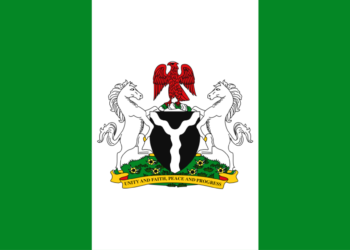The Nigerian naira continued its upward trajectory against the U.S. dollar on Wednesday, posting a notable gain in the official foreign exchange market, according to the latest data from the Central Bank of Nigeria (CBN).
The naira closed at ₦1,596.70 per dollar, a strengthening of ₦3.33 from Tuesday’s rate of ₦1,600.03. This marks another day of positive momentum for Nigeria’s currency, which has shown signs of resilience in recent weeks.
The appreciation in the official market, overseen by the CBN, reflects ongoing efforts to stabilize the naira amid economic reforms and interventions. Analysts attribute the naira’s recent gains to improved dollar liquidity and measures by the CBN to clear foreign exchange backlogs, which have historically pressured the currency. The central bank’s policies, including interest rate hikes and increased dollar sales to authorized dealers, have also helped bolster confidence in the naira.
The parallel market, often referred to as the black market, showed no movement on Wednesday. The naira held steady at ₦1,635 per dollar, unchanged from Tuesday’s rate. This gap between the official and parallel markets highlights the challenges in fully aligning Nigeria’s dual exchange rate systems, as informal traders continue to demand higher rates for dollars.
The naira’s performance comes at a critical time, with Nigeria’s Consumer Price Index (CPI) for April 2025 set to be released. The CPI, which measures inflation, is a key indicator of the country’s economic health and could influence future movements in the foreign exchange market.
Economists are closely watching the data, as inflation has been a persistent concern, with rates hovering around 24.48% in January 2025 following a rebasing of the index. A lower-than-expected inflation figure could further support the naira, while persistent price pressures might temper optimism.
Market observers remain cautiously optimistic about the naira’s outlook. “The naira’s gains are a positive signal, but sustainability depends on consistent policy measures and external factors like oil prices. Nigeria, heavily reliant on oil exports for foreign exchange earnings, has faced challenges from fluctuating global oil prices and domestic production constraints.
WHAT YOU SHOULD KNOW
The naira’s modest but steady appreciation offers a glimmer of hope for Nigerians grappling with high living costs and economic uncertainty.
ALSO READ TOP STORIES FROM VERILY NEWS


















